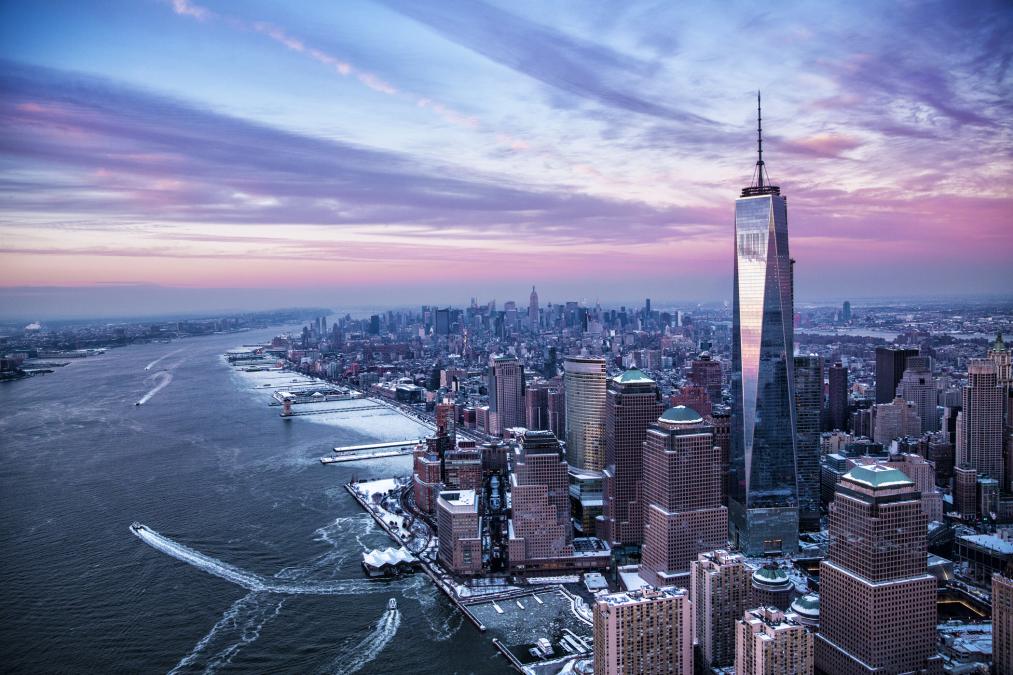
Mallorcan Gastronomy: from market to table
26 August, 2025
To speak of Mallorca is to speak of the sea, mountains, centuries-old traditions – and, of course, unique flavours. Mallorcan cuisine is one of the island’s greatest attractions for those who choose to live here year-round, as it connects directly with the culture, the land, and the Mediterranean way of life.
In this article, we’ll show you how to discover the island’s most iconic local markets, highlight restaurants that champion local produce, and offer practical tips for anyone looking to immerse themselves in Mallorca’s gastronomic culture.
Local markets in Mallorca: the heart of food culture
Anyone who moves to the island quickly realises that markets are much more than places to shop. They are spaces for meeting, chatting and embracing local identity.
- Mercat de l’Olivar (Palma)
Located in the heart of the city, this is the largest and most diverse market in Palma. You’ll find everything from freshly caught fish each morning to artisanal cheeses and traditional cured meats like sobrasada. Many stalls also offer tastings so you can try before you buy. - Mercat de Santa Catalina (Palma)
In the most international neighbourhood of the capital, this market reflects a blend of tradition and modern flair. Stalls selling local produce sit alongside small food bars where you can eat on the spot – perfect for a “shop and savour” experience. - Mercat d’Inca
Held on Thursdays, this is one of the most important weekly markets on the island. It combines seasonal fruit and vegetables with artisanal products and textiles, showcasing Mallorca’s authentic character.
Beyond these, every town in Mallorca hosts its own weekly market – a fantastic way to discover zero-kilometre products in a more intimate and neighbourly setting.
Restaurants committed to local, seasonal produce
The trend for sustainable gastronomy is thriving in Mallorca. More and more restaurants are focusing on local ingredients, offering menus that change with the seasons and honour the island’s culinary heritage.
- Traditional celler restaurants: old wine cellars turned into eateries, serving local classics like frit mallorquí, tumbet or arròs brut.
- Contemporary cuisine: chefs who reinterpret Mallorcan dishes with a modern twist, always starting from local ingredients.
- Lunch menus: simple, quick and unpretentious – a great way to try honest local cooking during the week.
This commitment to local produce not only ensures freshness and flavour, but also strengthens the island’s economy and preserves its culinary identity.
Tips for embracing mallorcan food culture
Moving to Mallorca is not just about finding a home – it’s about embracing a way of life. And food is one of the best entry points to the local culture:
- Eat seasonally: the island offers oranges in winter, apricots in spring, figs in summer, and mushrooms in autumn. Adapting your diet to the seasons is key to eating like a local.
- Explore food festivals: the Fira de la Mel in Llubí, Fira de la Tardor in Inca or Fira de l’Oli in Caimari are unique opportunities to discover local produce in its cultural context.
- Learn traditional recipes: from a coca de trempó to a homemade ensaïmada. Joining a cooking workshop is a fun way to get involved.
- Talk to the producers: market vendors often have stories, tips and recommendations that go far beyond the simple act of buying.
Gastronomy and quality of life on the island
Mallorcan gastronomy is, in many ways, a reflection of the island’s overall quality of life: local, fresh, simple and authentic. For those who live in Mallorca year-round, becoming part of this food culture means embracing a healthier and more connected way of living.
Balear Invest: experience Mallorca from within
At Balear Invest, we know that choosing a home in Mallorca isn’t just a property decision. It’s a commitment to a lifestyle where food, culture and community all play a central role.
We’re here to help you find the perfect place to live – so you don’t just enjoy the island in summer, but experience its true essence all year round: from market to table, from tradition to your everyday life.
 English
English



